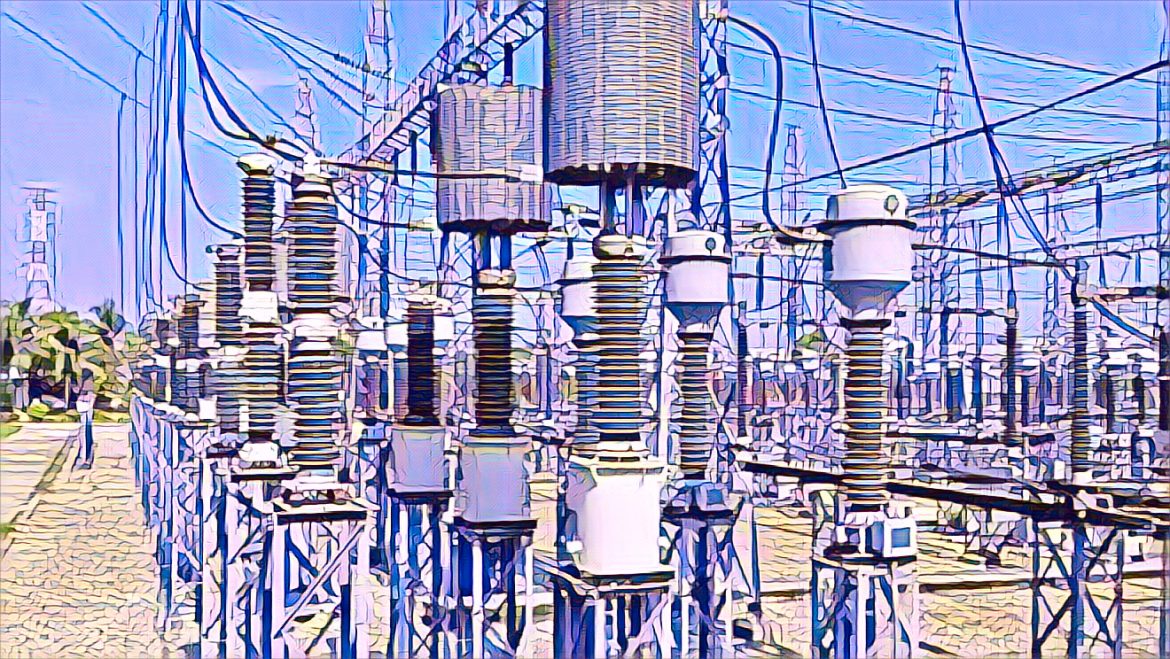KEY POINTS
- Nigeria loses $26 billion annually due to recurring power failures, according to Standard Bank.
- Power outages hinder economic productivity, impacting industries and households alike.
- Experts call for infrastructure investment and policy reforms to stabilize Nigeria’s power sector.
According to Standard Bank, Nigeria’s economy is losing about $26 billion annually because of constant power blackouts.
The economic implication of these outages is across industries ranging from manufacturing industries to households and businesses. This figure justifies the need for change and probably added investment in Nigeria’s power sector that has been weak and lacks the required infrastructure to support the nation’s population.
Costs of power blackouts
According to the report of Standard Bank, Nigeria’s power issues have many impacts on the country’s productivity and business activities. Regular blackouts force organisations to use expensive sources of energy like the diesel generators hence increase cost of production and hence less profitability.
The manufacturing sector which is a major subsector of the Nigerian economy is a major victim of these inefficiencies since power is a key input in production.
BusinessDay has reported that the $26 billion economic loss could rise by an extra $22 billion if present power challenges continue without proper solutions. This has put Nigeria among the world’s worst power-deficit economy and hinders the country’s ability to diversify its economy.
Infrastructure and policy reforms referred to as solutions
In order to counter these losses and given that they are inevitable, energy is needed to upgrade power infrastructure, as well as policy changes to ensure a more secure energy provision.
Nigeria is a witness to having weak and old power generation and distribution networks that cannot support the increasing population and economic growth. These networks need to be extended and the infrastructure made more contemporary as part of the process of minimizing outages.
Moreover, Standard Bank has indicated that the role of the private sector could help to drive change in the power sector more quickly.
If properly designed, PPPs can mobilise the required capital and knowledge to reinvigorate power infrastructure in Nigeria. In this way, the country may be more prepared for having stable and sustainable power solutions, excluding the reliance on the government funding only.
The effect on households and small enterprises
For the households and small business, the unscheduled power interruptions have be associated with many costs and minimized access to essential commodities.
A lot of households in Nigeria experience regular power outages which strains education, health and quality of life in that country. And small and mediums sized enterprises with jobs and working population occupy need high amount of energy to run and grow their business due to high energy tariffs.
Nigeria’s power crises could therefore help improve the conditions for SMEs and lower the cost of living in the broad economy. Better power supply would help uplift businesses as they expand operations, create employment and generally strengthen Nigeria’s economy.
Hope for future stability
Nevertheless, Nigeria has been surfacing with a myriad of problems affecting its power sector therefore strategic investments enhancing policies can lead to stability.
To name a few, infrastructure development and regulatory changes are the two areas that Nigeria can start working on to try to eliminate the causes of its power failures. The opportunity to decrease annual losses and increase productivity gives enough motivation to implement these changes for a more stable economy


